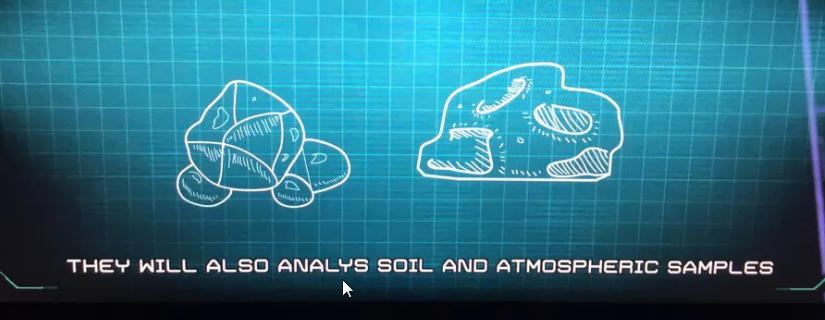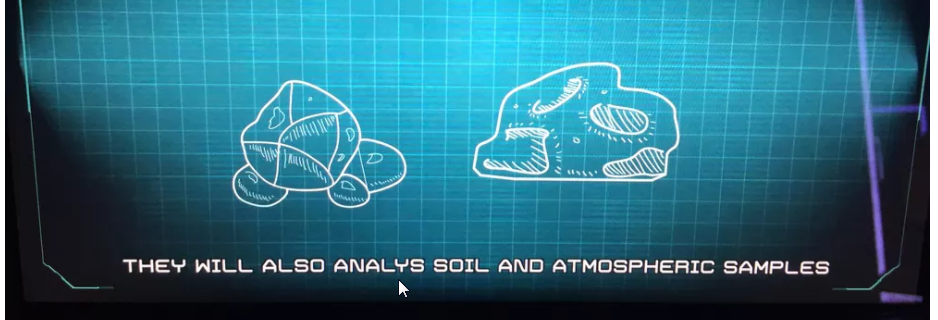“Comprise” is frequently treated as a fancy (read pretentious) synonym for “compose,” particularly in the circumlocution “is comprised of.” Ick. Don’t ever say (or write) that.
So when I see someone do it right, the sentence is worth mentioning. It’s from This Day in History for October 25:
The work of Picasso, which comprises more than 50,000 paintings, drawings, engravings, sculptures, and ceramics produced over 80 years, is described in a series of overlapping periods.
Here’s the rule: One comprises many, many compose one. In this case, one (work) comprises 50,000 works of art.
I try to include an illustration of some sort in these posts, so here’s me killing two birds with one stone: Pictures of Picasso himself, painted by Picasso himself. I’m not particularly a fan of Picasso’s work—I rather prefer the Pre-Raphaelites myself—but there you have it.
I’m not particularly a fan of Picasso’s work—I rather prefer the Pre-Raphaelites myself—but there you have it.
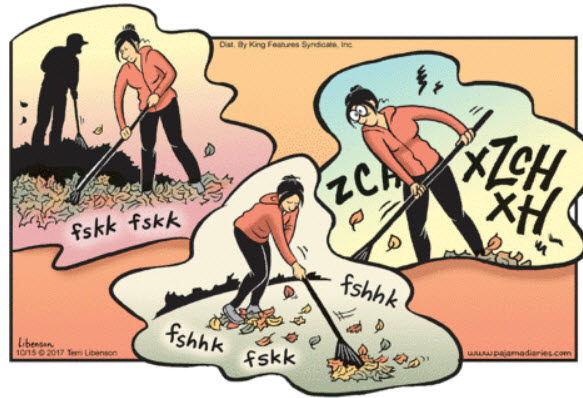
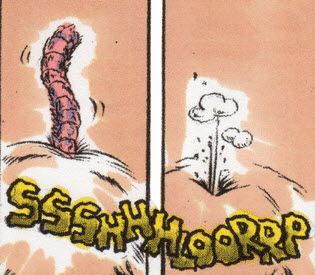
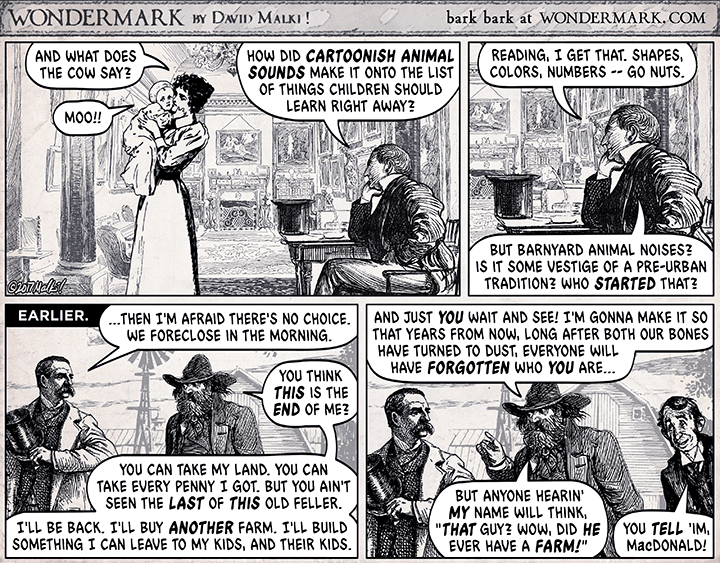 I think you should feel free to make up your own onomatopoetic words. If you think up a good one, share it in the comments.
I think you should feel free to make up your own onomatopoetic words. If you think up a good one, share it in the comments.